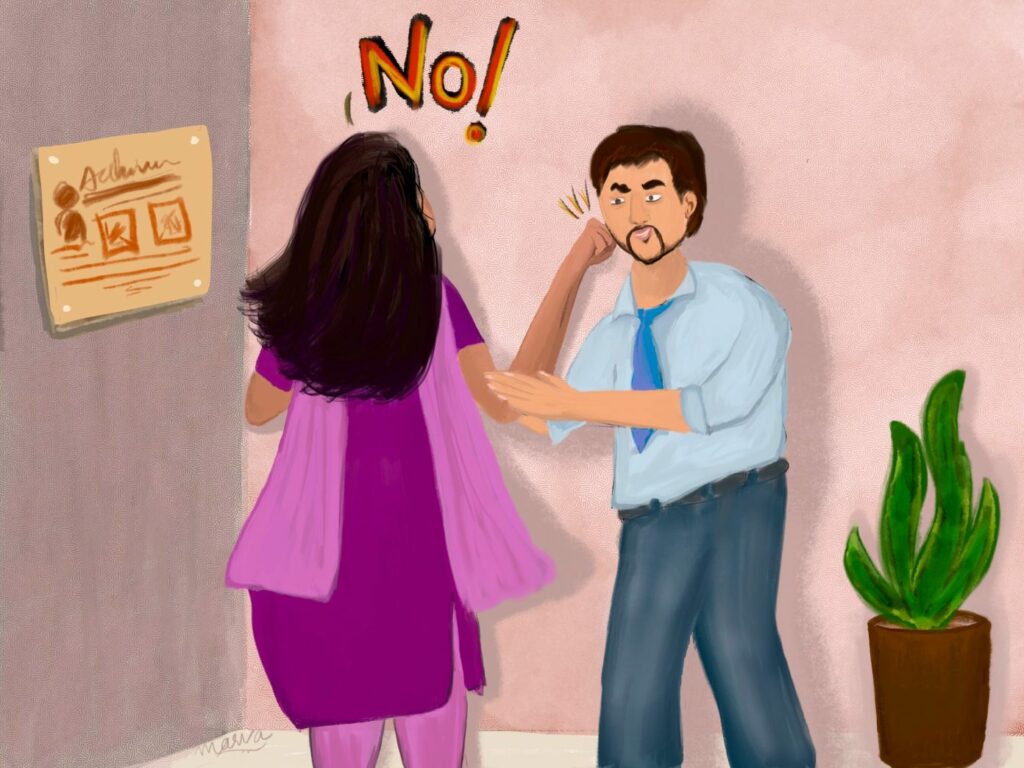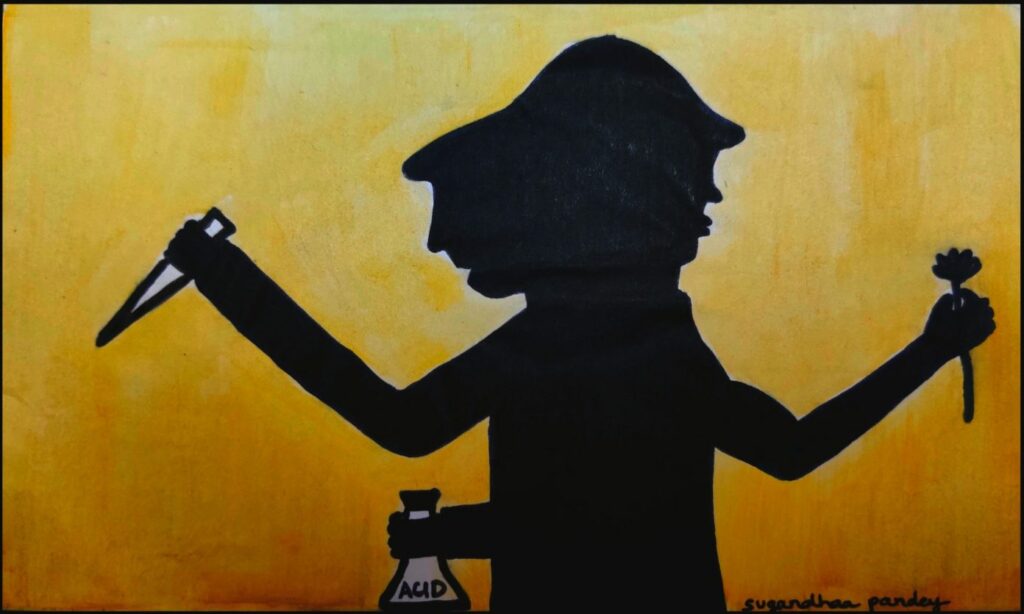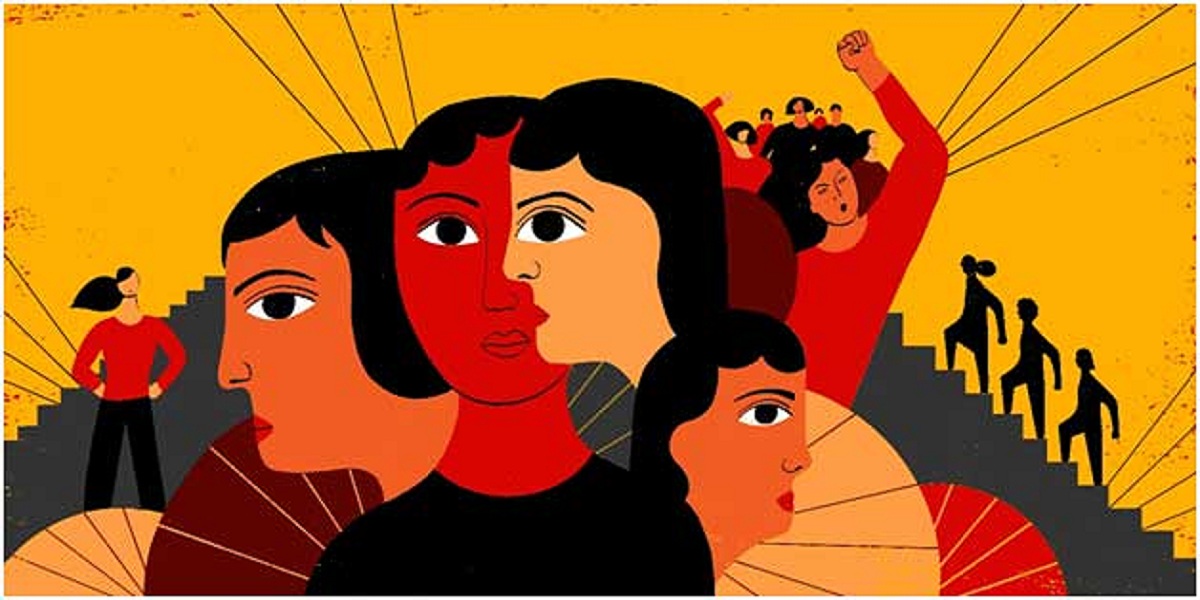As the International Day for the Elimination of Violence against Women is observed on November 25, the horrific crimes against women in the country are a serious reflection of the Intimate Partner Violence (IPV) that still persists in India.
According to the reports, Gender-based violence (GBV), often known as violence against women and girls is regarded as a worldwide problem that impacts one out of every three women in her lifetime. At least once in their lives, an estimated 736 million women are victims of intimate partner violence (IPV), non-partner sexual assault, or both. It is highly disturbing to know that Intimate Partner Violence (IPV) is a global public health problem, affecting one in every three women.
In Shraddha murder case, reports mention that she had already filed complaint to the police years before and was admitted to the hospital after the constant domestic violence she faced. In a letter to the police she had clearly mentioned the violence she faces by the hands of her partner. Later she gave another written statement that “we no longer have any quarrel” after his parents got involved.
The police were informed, the friends were informed, and the toxicity and violence she faced was very much evident. Still in a country that is striving for sustainable development, this happened.
Also Read: Shraddha Walkar Murder: A Grave Reflection On Unaddressed Issue Of Intimate Partner Violence

The Centres for Disease Control and Prevention (CDC) classifies intimate partner violence into four categories: physical violence, sexual violence, stalking, and psychological aggression. COVID-19 has only aggravated the situation, causing a phantom epidemic of gender-based violence (GBV) all over the world.
As the brutal Shraddha Walker murder case in Delhi takes over the limelight, the horrid killing of a woman reportedly by her boyfriend over “infidelity” in Madhya Pradesh has left people in shock. Shilpa Jharia was discovered dead in the resort on November 8, according to the police. The perpetrator slits her throat while filming her. In the video the perpetrator admitted to the crime and lamented the woman’s infidelity.
Both these cases are chilling horrific incidents of Intimate partner violence. It has also spurred debate about the nature of intimate partner violence and how to avoid it. The majority of these chats concentrate on giving advice to the victims to get out of the toxic relationship. But is it that ‘easy’ to really leave an abusive, toxic relationship?
Domestic abuse survivors who stay with a primary perpetrator beyond the first overtly violent or controlling incident face victim blaming with a force. This disregards anyone’s right to be in a relationship of their choosing free of abuse. Staying in abusive surroundings does not mean they are giving approval for the abuse they face. Victims may or may not benefit from physical support, but the validation of their experiences is critical for mental health and progress. There are certainly other components to the inclination to blame survivors.

According to the most recent National Family Health Survey (NFHS-5) 2019, gender violence has decreased in several areas but has has escalated in states like as Himachal Pradesh, Karnataka, Maharashtra, Assam, and Sikkim. From March to September 2020, the National Commission for Women received a total of 4.350 complaints about domestic violence. Furthermore, IPV compromises the safety of pregnant women. In India, 21-28% of pregnant women are infected with IPV.
World Health Organisation (WHO) fact sheets say that worldwide, almost one-third (27%) of women aged 15-49 years who have been in a relationship report that they have been subjected to intimate partner violence physically or sexually.
And dwelling deep into various insidious patterns of IPV, the questions that arise: Why don’t women leave violent partners or walk out of abusive relationships or marriages?
Also Read: Victim Blaming, Love Jihad And Islamophobia: Is There A Room For Justice For Women In India?
However, the question itself is guilty of victim blaming and gas lighting – a handy stereotype that stems from positions of privilege. It is also deaf to the reality that there are other intersectional problems at work, as well as a deep patriarchal conditioning that works to prolong the destructive cycle. Unfortunately, it is unsurprising that in a world where there is the stigmatization of premarital sex and premarital romantic relationships, reproductive rights of women irrespective of their marital status and where love is condemned by caste, class and religion and honour killings take the lives of young women and men – men primarily obtain their sexual education through pornography, while female pleasure is widely condemned.

Recently, Union Minister Kaushal Kishore Kumar completely blamed Shraddha Walker’s atrocious murder on her living-in relationship with her boyfriend. He urged educated girls to learn from uneducated girls and to stay with someone in line with their parents’ wishes.
There is generally some justification for blaming the victim, most commonly that the victim might have escaped or avoided the situation in the first place.
On the one hand, in recent times, there are rulings from the supreme court that have paved the way for the executive and the legislature to take up steps to uphold women’s rights in the country. And on the other side there is a reflection of people including the union minister victim blaming and lot of other people standing up in solidarity for the abuser.
Also Read: Domestic Violence: When Sanctity Of Family Is Prioritised Over Dignity Of Survivors
Movies glorifying the abuser and anger management issues are heroic, the belief of the ‘need to fix’ the person is all part is a reflection of society’s take on IPV. Also, shame causes a variety of problems for persons who experience it, especially in the setting of sexual assault.
Also Read: In The Invisibilisation Of Domestic Abuse, Is Home Really A Safe Haven?
In three fundamental ways, shame and intimate partner sexual violence are intrinsically tied. The first part is the negative psychological impact that shame has on its victims. Shame can cause post-traumatic symptoms as well as serious dangers to self-esteem and mental well-being in the survivor. Because of the insidious and toxic impacts of shame on survivors, people who engage with women in a health or support role must be proactive in knowing and understanding the harmful impacts of shame in a post-traumatic environment. Appropriate and helpful responses, such as referral to professional resources, are vital elements in overcoming the barriers that shame may impose.





Very well articulated